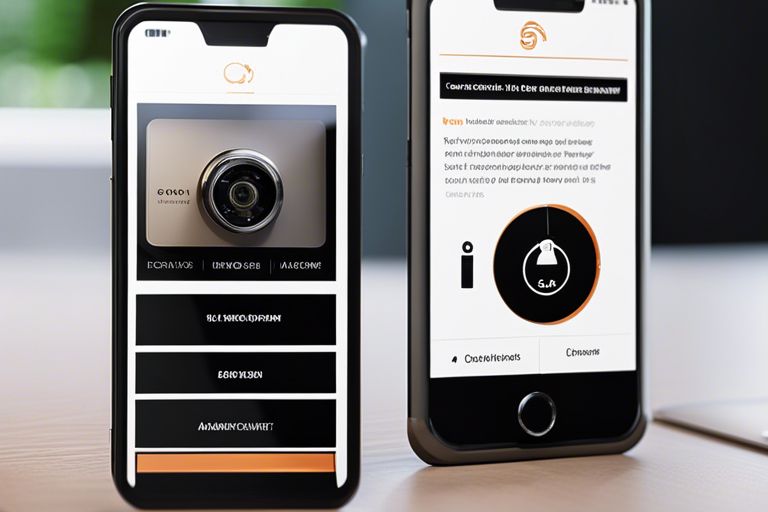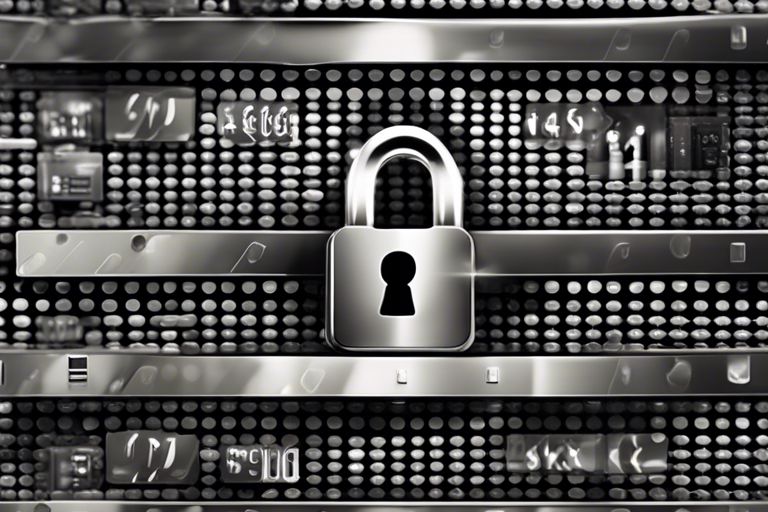In today’s digital age, protecting your data online has become more critical than ever. With the increasing number of cyber threats and data breaches, it is crucial to safeguard your sensitive information. Here are some essential tips to help you protect your data online:
Use Strong and Unique Passwords
One simplest yet most effective way to safeguard your data is by using strong and unique passwords for all your online accounts. Avoid using common passwords or easily guessable information such as your name or birthdate. Instead, create complex passwords that combine letters, numbers, and special characters.
Enable Two-Factor Authentication
Two-factor authentication adds an extra layer of security to your online accounts. It requires you to provide a second form of verification, such as a code sent to your mobile device and your password. By enabling two-factor authentication, even if someone manages to obtain your password, they won’t be able to access your account without the additional verification.
Be Cautious of Phishing Attempts
Phishing is a standard method cybercriminals use to trick individuals into revealing their personal information. Be cautious of emails or messages requesting your login credentials or sensitive data. Always verify the source and legitimacy of the request before providing any information. Look for signs of phishing, such as misspelt email addresses or URLs that don’t match the official website.
Keep Your Software Updated
Software updates often include critical security patches that fix vulnerabilities in the system. Hackers often exploit these vulnerabilities to gain unauthorised access to your data. Ensure that all your devices and software are regularly updated with the latest security patches to protect your information.
Use Secure Wi-Fi Networks
When connecting to the internet, avoid using public Wi-Fi networks, which are often unsecured and prone to hacking. Instead, use secure and password-protected Wi-Fi networks or a virtual private network (VPN) to encrypt your internet traffic and protect your data from prying eyes.
Be Mindful of the Information You Share
Be cautious of the information you share online, especially on social media platforms. Avoid publicly sharing personal details such as your full name, home address, phone number, or financial information. Limit the personal information you provide on social media to reduce the risk of identity theft or targeted attacks.
These essential tips can significantly enhance online security and safeguard your data from unauthorised access or misuse. Remember, taking proactive measures to protect your personal information is necessary in today’s digital world.






